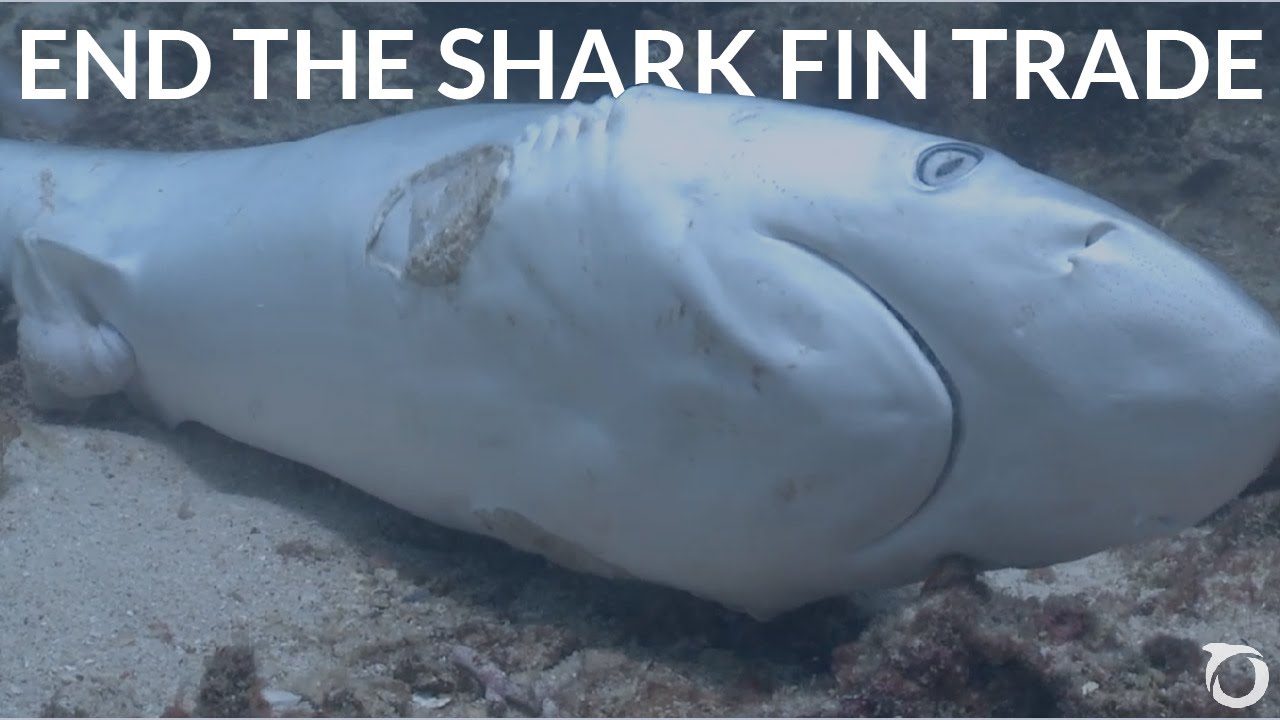|
A bill to ban the sale or ownership of shark fins failed to pass New Jersey's legislature last year. The bill was re-introduced in January 2019 and on the last day of that month it passed the state Senate with a 33-6 vote. Now in the hands of the General Assembly, the bill ( A4845) will be heard on Monday, March 18 in the Assembly Appropriations Committee at the Statehouse in Trenton, Committee Room 11, 4th Floor, State House Annex, starting at noon. This bill will ban the sale and trade of certain shark fins, which will reduce the chance that foreign shark fins end up in our state. While shark finning itself is banned by federal law, the states must ban the sale and possession of these fins to further protect sharks, which are a vital component of our ocean ecosystem. The Assembly Appropriations Committee includes Chairman John Burzichelli, Vice Chairman Gary Schaer, and members Herb Conaway, Wayne P. DeAngelo, Gabirela M. Mosquera, Ryan E. Peters, Eliana Pintor Marin, Kevin J. Rooney, Cleopatra G. Tucker, Jay Webber, and Harold J. Wirths. The American Littoral Society supports this bill and asks you to contact your state legislators to urge them to support its final passage. Click here to find your state legislator and their contact information. Read more for additional information. From November 2018:
A bill to ban shark fin possession and trade in New Jersey unanimously passed a key Senate Committee on Monday, Nov. 26, with the support of the American Littoral Society. We believe enacting A3945/S2044 will prevent anyone in New Jersey from contributing to a fishing practice that is decimating shark populations. We ask that our NJ members and supporters urge their state legislators to turn this bill into law. "The Littoral Society and numerous other organizations are deeply concerned with the decline of shark populations, which are crucial to the health of the ocean," said Tim Dillingham, Executive Director of the American Littoral Society. "We have been working for years to ban the possession, sale, trade or distribution of shark fins in order to help shark populations recover. "We hope this action signals that New Jersey is ready to join other states that have already taken action to end the terrible practice of shark fining," Dillingham added. Sharks occupy the top of the marine ecosystem and play a critical role in maintaining the health of the ocean. As top predators, there are naturally relatively few sharks in the ocean. Some species take 25 years or more to reach reproductive maturity and most give birth to small litters after a prolonged gestation. The low reproductive rate makes it difficult for shark populations to recover from overfishing. As result, many species of sharks are on a fast track to extinction. The populations of some species of shark have declined by more than 90% in the past 50 years, and some may have declined by as much as 97-99% in the last 35 years. The demand for shark fins continues to grow and is the major reason for the declines in many shark populations. There are simply not enough sharks to meet the demand for shark fins. The loss of so many sharks has already had dramatic and negative impacts on the ocean ecosystem. While current federal law bans “finning” – the practice in which a shark is caught, its fins removed, and the mutilated animal is discarded – it contains a loophole that allows importation of shark fins regardless of where or how the fins are obtained, even if they come from threatened or endangered species. The states of Hawaii, Texas, Rhode Island, Washington, Oregon, California, Delaware, Maryland, New York, Massachusetts, Illinois, as well as Guam and the Northern Mariana Islands, where able to close the loophole by prohibiting the sale, possession and distribution of shark fins. New Jersey could join this group with passage of A3945/S2044. The American Littoral Society urges the full NJ legislature to pass this important law. Comments are closed.
|
Archives
July 2024
Categories
All
|


